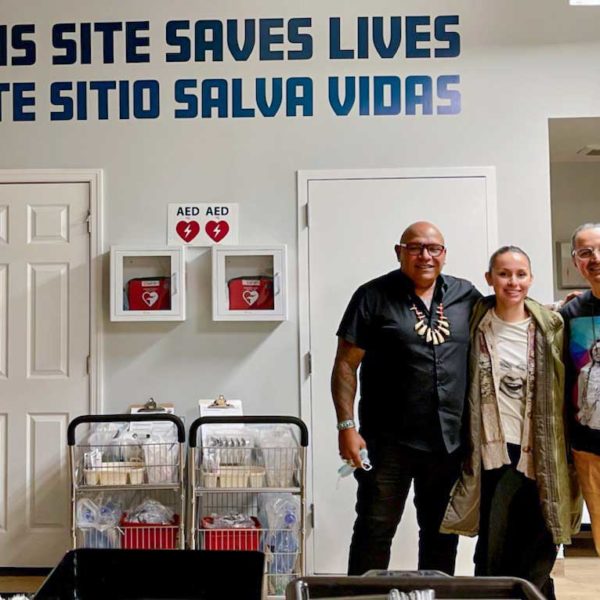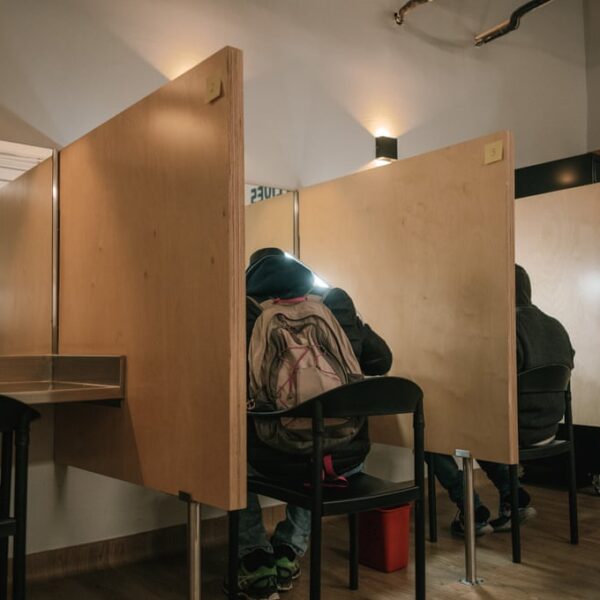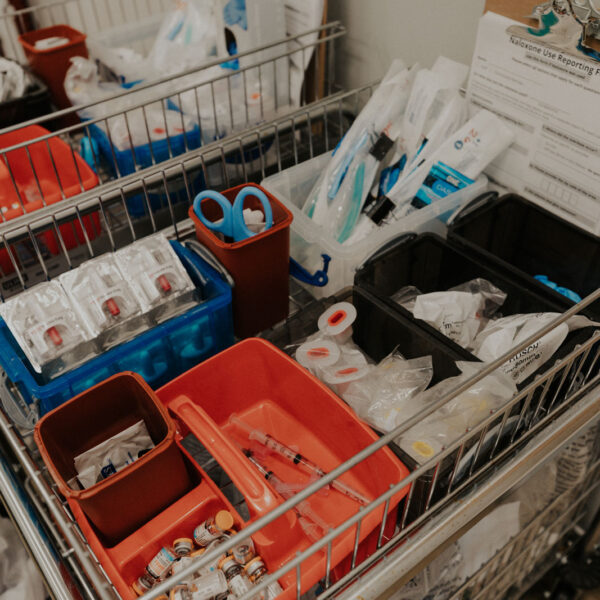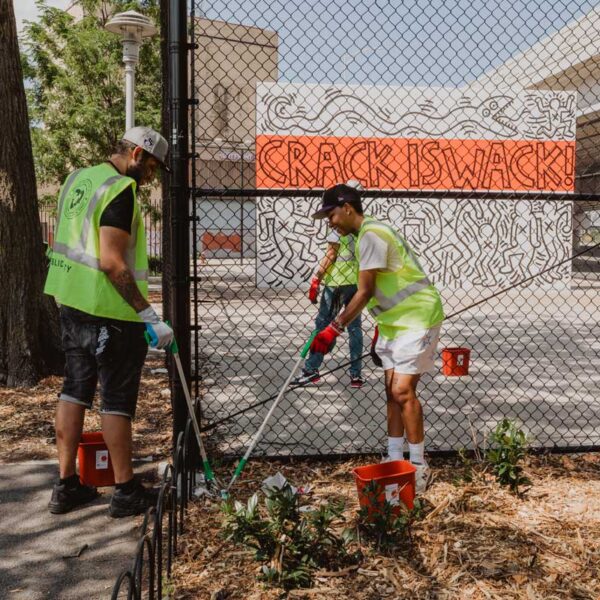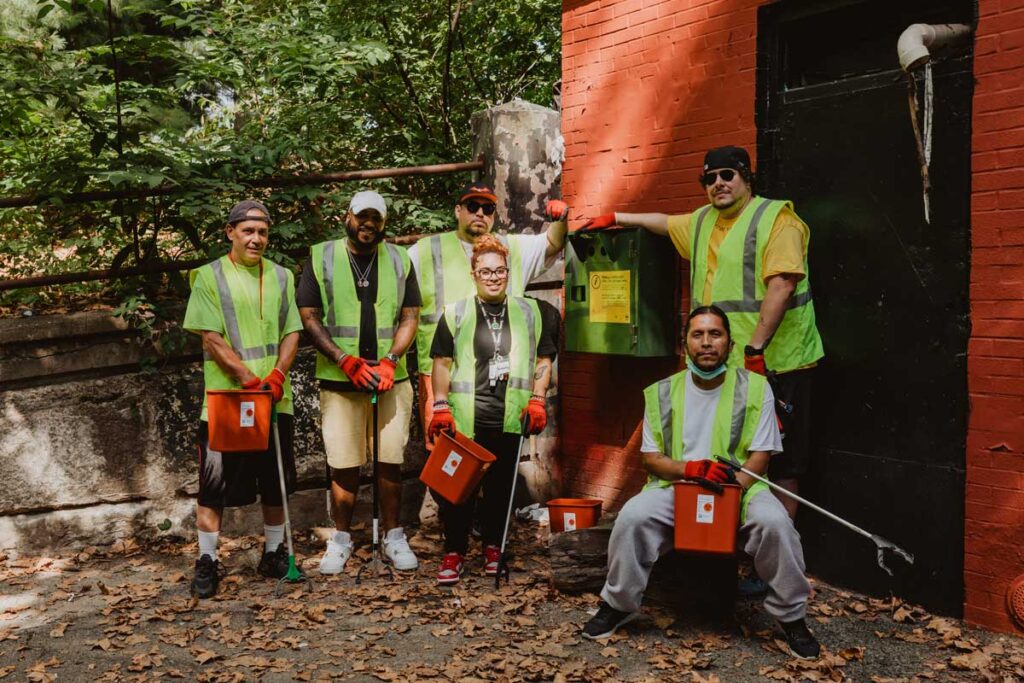Opinion: Overdose Prevention Centers Help Make Communities Safer
When I was introduced to OnPoint NYC’s East Harlem center. I knew nothing about harm reduction or overdose prevention, but I immediately saw that just by providing a space to safely use drugs and be
